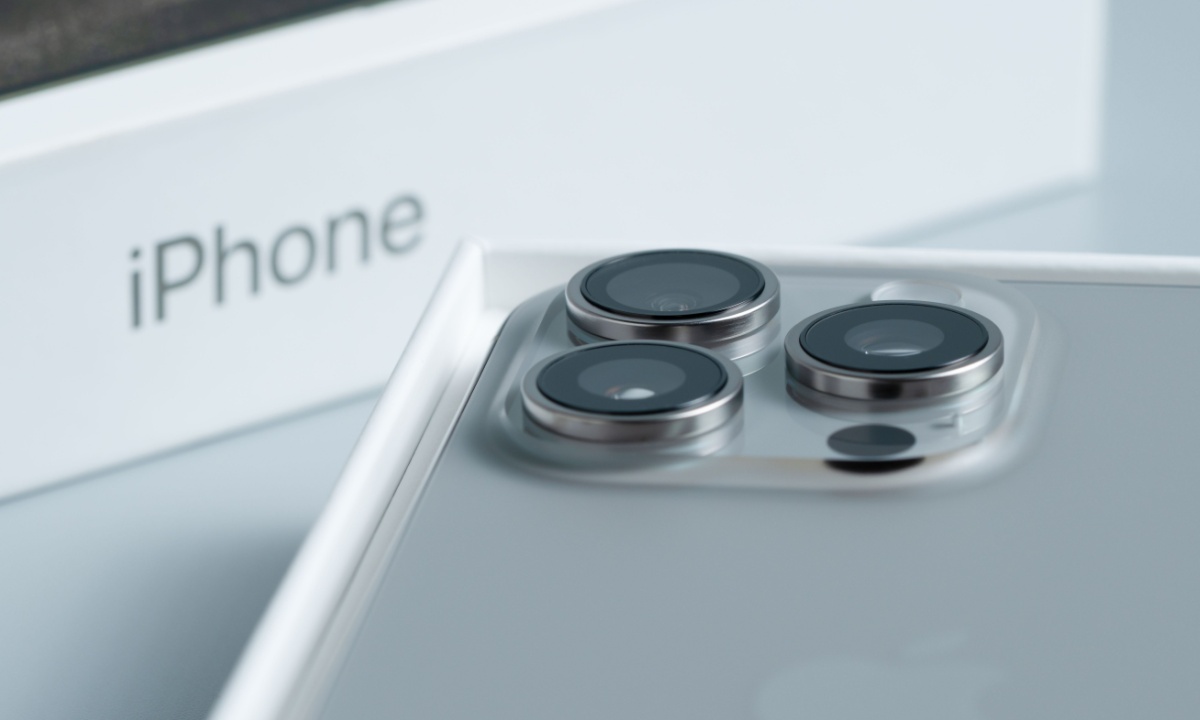After a series of moderate upgrades, Apple is planning a three-year iPhone overhaul.
That’s according to a report Sunday (Aug. 24) by Bloomberg News, which noted this plan to jumpstart Apple’s flagship product is happening as other industry players shift toward more artificial intelligence (AI)-centered products.
Next month, Apple will introduce the iPhone Air, a thin model aimed to replace the iPhone 16 Plus. Next year brings the company’s first foldable iPhone, which is expected to include five cameras and, like the iPhone Air, come with no SIM card slot.
And in 2027, Apple will mark the 20th anniversary of its smartphone with a curved-glass model. The iPhone 20 will be a break from the more squared-off version of the phone Apple has used for the last five years, and will feature curved glass edges all around.
“The bottom line: 2025 won’t be a revolutionary year for the iPhone,” wrote Bloomberg’s Mark Gurman. “But it will lay the foundation for major shifts in 2026 and 2027, making it an exciting time for iPhone fans.”
The news follows a column last week by The Wall Street Journal’s personal tech columnist Nicole Nguyen, who argued that Apple is trailing Google in the race to add AI features to smartphones ahead of the release of Google’s Pixel 10.
She highlighted the Pixel 10’s AI-powered ability to surface information as needed, offer translations via a real-time voice clone and transcript, assist users in taking quality photos, and edit pictures that have already been taken.
Meanwhile, PYMNTS CEO Karen Webster wrote last month that Apple faces the risk of its iPhone becoming a commodity, and not “the consumer’s primary digital front door.”
That’s because the Pixel 9 has, and Pixel 10 will ship with, embedded AI that lets users speak, search, transact and navigate with a native AI experience.
“Apple can’t match that today,” Webster wrote. “The risk is how many consumers will keep waiting around for Apple to deliver. It’s a massive pain to switch from iOS to Android devices, and most people don’t. Getting an AI-powered Android device just may be enough for people to dump their iPhones.”
Apple has been facing AI challenges of late that include investor impatience, talent departures and delayed updates to its Siri virtual assistant.
As covered here earlier this month, the company is preparing to mount a comeback in the AI space that includes a redesigned Siri powered by large language models, which could conceivably arrive on iPhones and iPads as early as next year.
